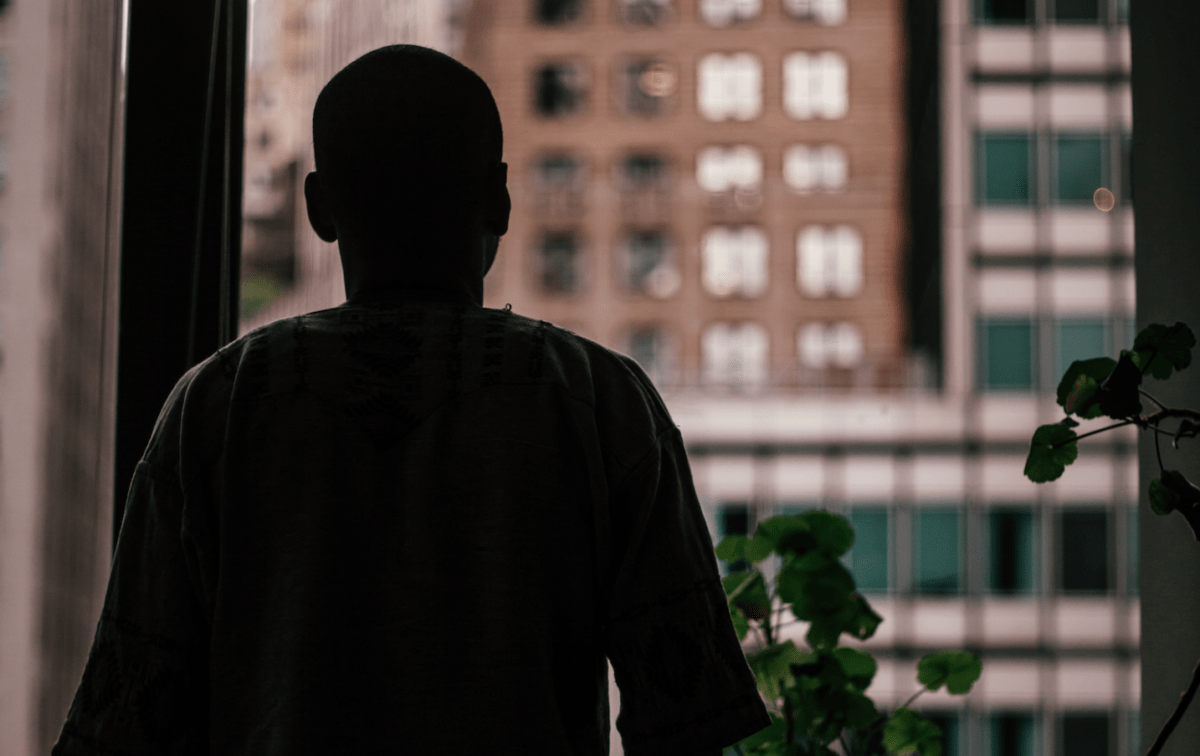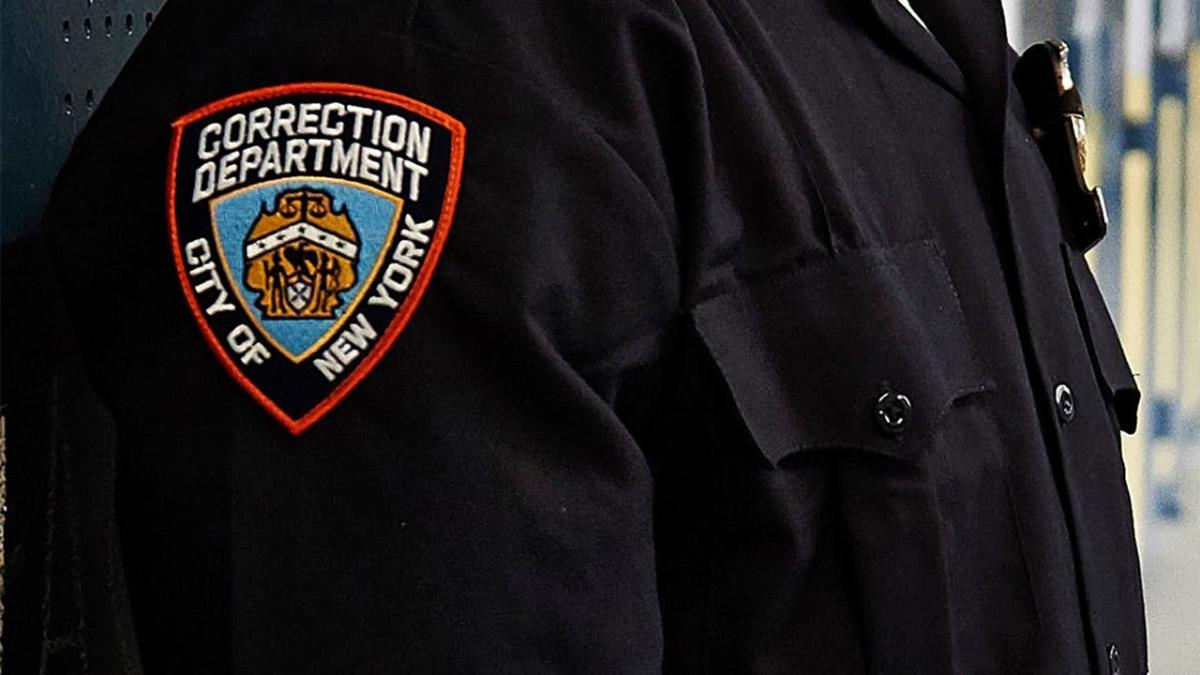Ali Miles, a transgender woman who goes by Dylan, has filed a $22 million lawsuit against the City of New York, alleging severe mistreatment during her detention at Rikers Island.

Transgender Woman Detained and Mistreated
The legal complaint outlines a series of abuses, including physical assault, harassment, and rape, highlighting a disturbing failure in providing adequate protection and accommodation for transgender inmates. The case raises concerns about the city’s adherence to the Prison Rape Elimination Act (PREA) of 2003, designed to prevent sexual violence in correctional facilities.
Placement and Delayed Healthcare in the Prison
The lawsuit contends that despite identifying as a transsexual woman and presenting as female, Miles was placed in a male housing unit at Rikers Island against her objections, court orders, and requests. This allegedly resulted in her exposure to sexual assault and violence, emphasizing a critical failure in respecting transgender individuals’ rights and safety. Additionally, the legal documents claim that the defendants deliberately delayed and denied Miles access to necessary healthcare, further compounding the violations of her rights.
Woman Complains of Institutional Discrimination and Indifference
Miles’ attorney argues that the mistreatment she endured is a direct consequence of the pervasive practices and customs of discrimination and deliberate indifference against transgender individuals at Rikers Island. The lawsuit points to a chilling statement reportedly made by a prison officer, stating, “We don’t do the trans thing here.” Such remarks, if proven true, not only constitute a violation of civil rights statutes but also underscore a systemic failure to address the specific needs and vulnerabilities of transgender inmates. The case raises broader questions about the institutional culture and policies contributing to discrimination within the correctional system.

The lawsuit not only sheds light on the pressing issue of ensuring the safety and dignity of transgender individuals in correctional facilities but also highlights the urgency of addressing systemic flaws in the treatment of vulnerable populations within the criminal justice system.